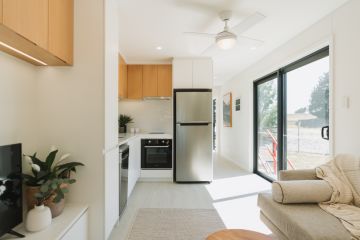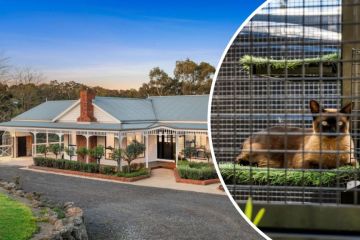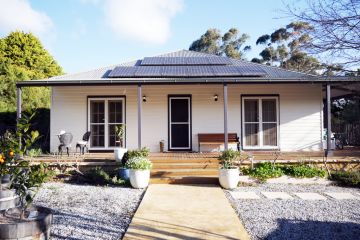How to research for an off-the-plan property in Canberra
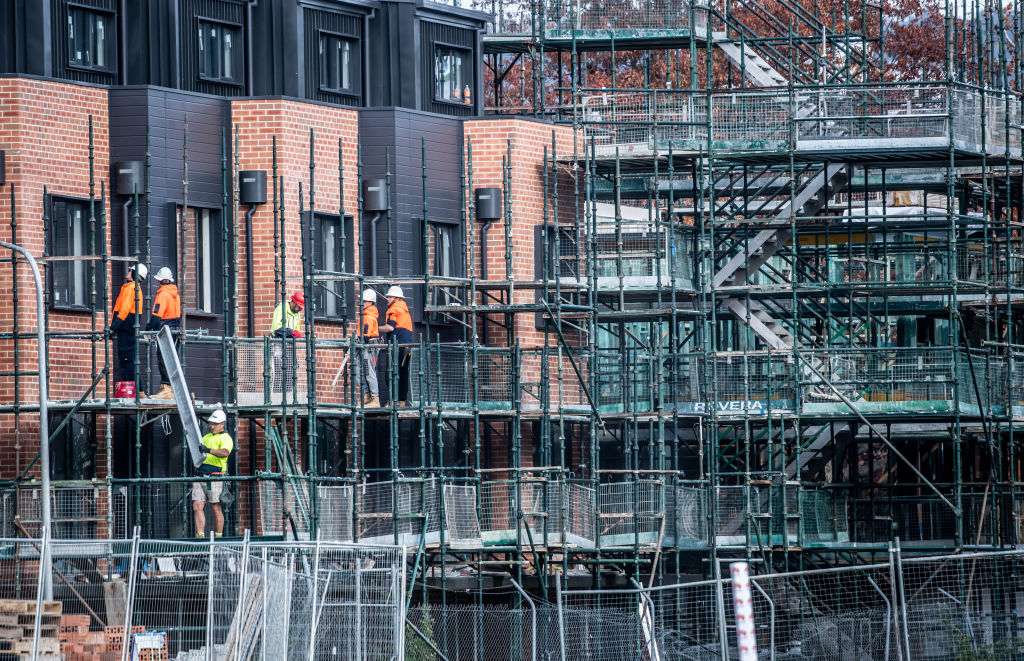
For very legitimate reasons, people can stand on the more apprehensive side when looking to buy a property off-the-plan.
However, it can also come with an abundance of benefits, especially when you’re buying in a market as volatile as the one we’ve seen over the last couple of years.
The most enticing advantage of an off-the-plan purchase is that you can secure the property at a particular price without having to pay the full price.
You can then use the time it takes to build the property to improve your financial position before settling upon your home’s completion.
Often, by the time a property is complete, the market has grown in value and therefore so has your property value … but you’re still paying your original price. You’ve also likely had a hand in choosing the home’s colour scheme and potentially even some layout features.
But the key to purchasing the right off-the-plan property is simple – research.
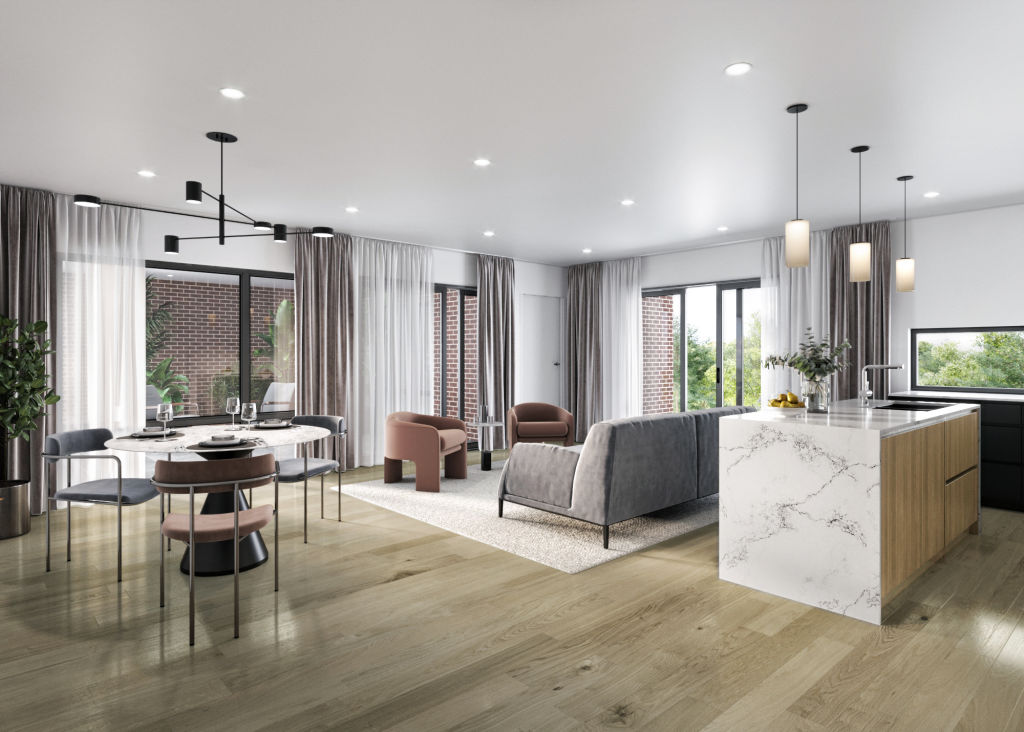
“Spend as much time as possible in the initial phase of research,” says project sales agent Matt Shipard of Hive Property. “Don’t worry if it takes a little longer.
“Make sure you show your intent to proceed down the purchasing process, then check as many details as you can.”
“Assumptions are never a good thing buying off the plan. If you have a question, ask it – don’t assume.”
Shipard says that when you’re looking at a particular property, there are a few things you need to research first.
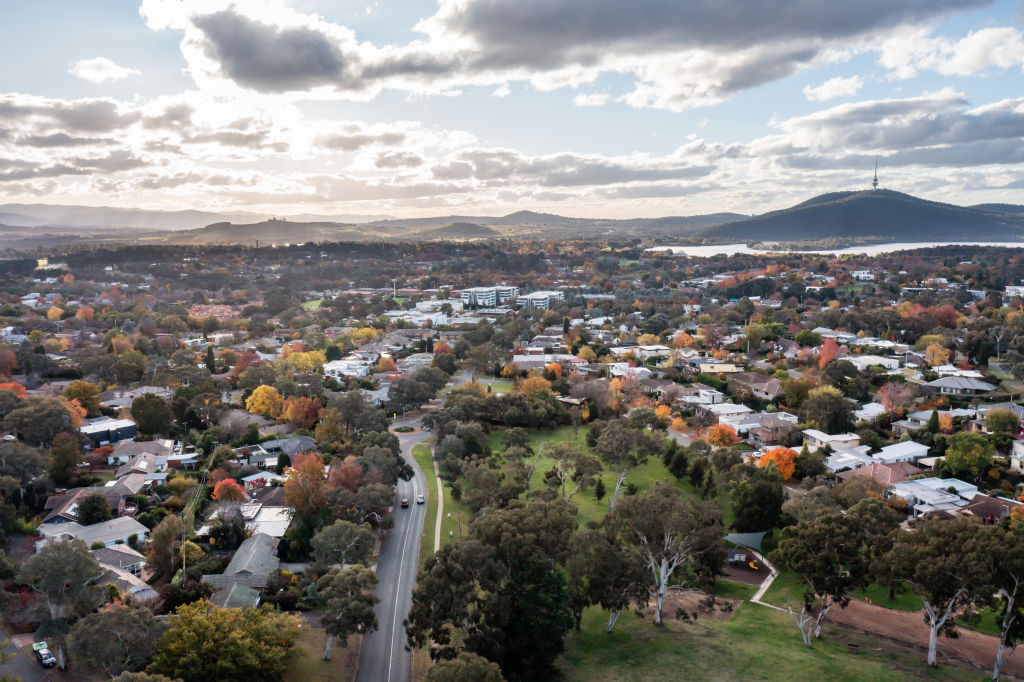
“Make sure you have a clear understanding of where the property is located within the development and what the orientation is,” he says.
“Using plans with indicative measurements then comparing it to your current home is always helpful [when] trying to work out the proportions of rooms.
“Don’t use the renders as the only way of judging whether you like the look of the property; use inclusions list and finishes schedules to help.”
Of course, understanding who is developing and building the property is also integral to your research.
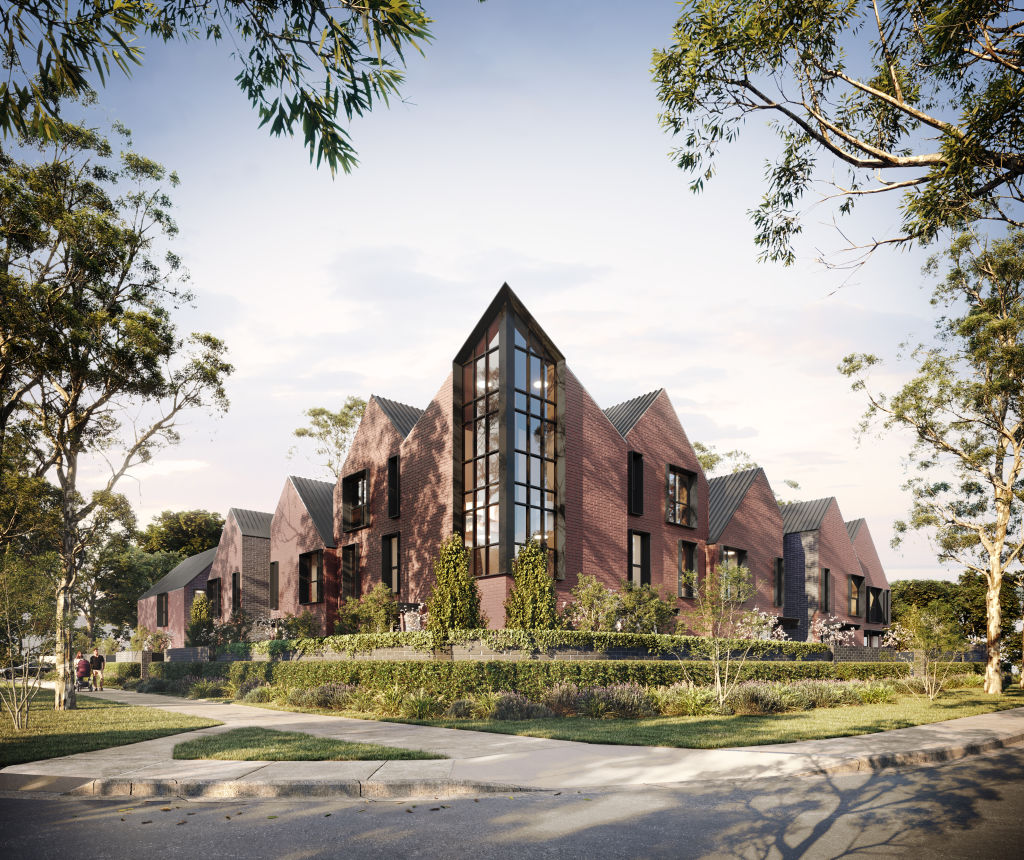
“Not all developers are easy to find information on, and that’s not necessarily a bad thing – some developers prefer it that way,” Shipard says.
“Work with the agent or representative of the developer to understand what they have built in the past and how they like to communicate with buyers throughout the build process.
“Ask for examples of previously built homes, compare the inclusion list to the finished boards [not the renders] and use as many references to previous builds as possible.
“Have a look at the architect’s previous jobs as well – that always helps as there are generally design themes.”
But there is one thing that Shipard says buyers may need to adjust their expectations on throughout the process.
“Timing is always the big one,” he says. “When buying off the plan you are subject to so many factors so be very conservative with your timing expectations.”
Matt’s tips for buying off-the-plan:
- Don’t ask for a discount as prices for off-the-plan properties aren’t generally negotiable due to valuations. Instead, ask for extras like blinds, white goods and paid-for strata.
- Take your time
- Ask as many questions as possible
- Do your research
- Be conservative with your timeline expectations
We recommend
We thought you might like
States
Capital Cities
Capital Cities - Rentals
Popular Areas
Allhomes
More


